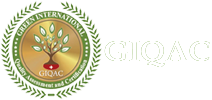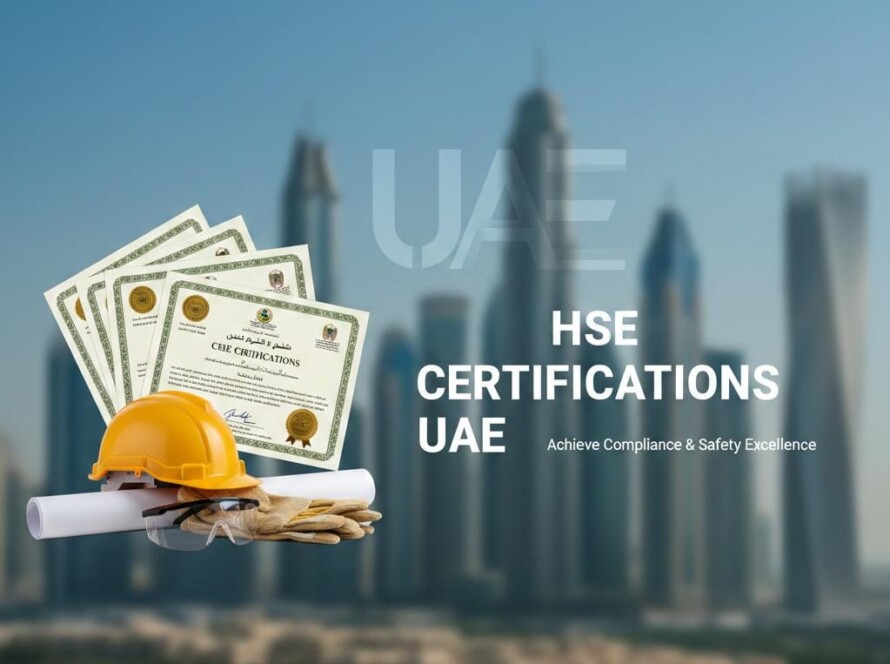Trends in UAE ISO certification 2025
In today’s fast-evolving business environment, ISO certification is not just a quality stamp in the UAE’s rapidly evolving business landscape, ISO certification has transformed from a formality into a critical business tool. By 2025, companies of all sizes are under increasing pressure—from regulators, investors, and customers alike—to demonstrate compliance, safety, and sustainability through internationally recognized standards like ISO 9001, 14001, and 45001.
This guide cuts through the complexity. You’ll explore the latest ISO trends, understand the real-world benefits for UAE companies, and follow a clear roadmap that takes you from your first gap analysis to audit success—with realistic costs and timelines tailored for local businesses.
A New Era for ISO in the UAE
In 2025, ISO certification in the UAE has moved far beyond being a checkbox or a line on a company profile. It has become a fundamental part of how businesses build credibility, unlock new contracts, control risks, and meet both national and global expectations. From regulatory compliance to investor confidence, ISO standards have become central to strategic planning and operational excellence.
This guide explores what’s new in the world of ISO across the Emirates, breaks down the value of the key standards (ISO 9001, ISO 14001, ISO 45001), and lays out a clear, actionable roadmap for getting certified—whether you’re a start-up or a major enterprise.
The ISO Movement in the UAE: A Snapshot
Over the past few years, there has been a sharp increase in ISO certifications across the region. Analysts estimate a 14.7% annual growth rate for ISO-related services in the Middle East until 2033. Behind this growth is a combination of stronger environmental policies, evolving safety regulations, and rising demand for corporate transparency.
Driving factors include:
-
The UAE’s Net Zero 2050 agenda
-
Climate Law No. 11 of 2024
-
Corporate tax and ESG disclosure frameworks
These changes are pushing businesses—large and small—to adopt internationally recognized systems for quality, sustainability, and workplace safety.
2025 Trends Reshaping ISO Implementation
1. Digital Transformation of Management Systems
Companies are replacing bulky, paper-based systems with cloud-based platforms and AI-powered tools. Real-time dashboards, automated compliance tracking, and smart audits are now part of daily operations, especially under ISO 45001.
2. Integrated Management Systems (IMS)
Instead of managing multiple standards separately, UAE businesses are streamlining ISO 9001, 14001, 45001—and sometimes ISO 27001—into a single system. This makes audits simpler and enhances ESG reporting.
3. ISO 14001 Now Includes Climate Action
A key update in 2024 requires organizations to evaluate their exposure to climate change and set meaningful targets for emissions reduction, aligning with UAE’s environmental priorities and COP28 outcomes.
4. ISO 9001:2025 on the Horizon
A revised version of ISO 9001 is expected soon, with a stronger focus on sustainability, risk management, and digital readiness. Businesses will likely have a three-year transition window once it’s released.
5. Faster, Flexible Certification Services
Certification bodies in the UAE are becoming more agile, offering quicker audit scheduling and express certification packages, especially for micro and small businesses. For example, some offer ISO 9001 packages starting from AED 2,250.
Why ISO Matters in UAE:
-
Builds customer trust and credibility
-
Enhances internal processes and efficiency
-
Ensures compliance with regulatory and industry standards
-
Facilitates market expansion and global trade
At GIQAC, our certified consultants guide organizations through the entire ISO journey—from gap analysis to documentation, implementation, and certification audits. Whether you’re a start-up or an enterprise, we customize the process to fit your needs and timeline.
ISO certification is no longer a luxury. It’s a necessity that drives long-term growth and resilience.



